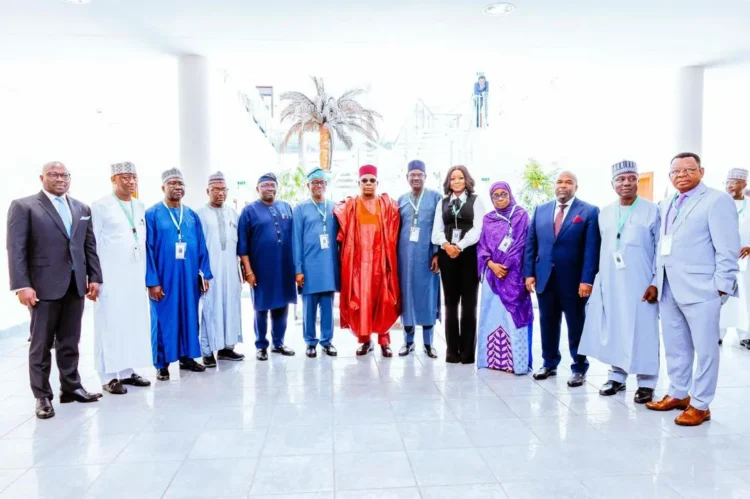The Managing Director of the Nigerian Independent System Operator (NISO), Abdu Bello Mohammed, says rising inflation, unemployment, and declining purchasing power have made it difficult for Nigerians to cope with higher electricity tariffs.
Speaking at the 5th Annual Conference of the Power Correspondents Association of Nigeria in Abuja, Mohammed warned that millions of Nigerians are being pushed deeper into energy poverty despite being connected to the national grid.
He said while cost-reflective tariffs are vital for financial sustainability in the power sector, they must be implemented gradually and designed to protect low-income consumers through targeted subsidies and lifeline tariffs.
Mohammed noted that despite several tariff adjustments in the past decade, the sector still faces liquidity shortfalls, weak infrastructure, and underinvestment, largely due to tariffs that remain below actual costs. He stressed that “tariff design is the heartbeat of the power sector,” determining investor confidence and consumer affordability.
He added that transitioning to cost-reflective tariffs should be linked to visible service improvements, saying consumers are more willing to pay when supply is reliable and fair.
In a related development, the Electricity Consumer Protection Advocacy Centre (ECPAC) petitioned international human rights groups, accusing electricity distribution companies of exploiting Nigerians through estimated billing and neglected infrastructure.
ECPAC Executive Director, Chief Princewill Okorie, called for urgent reforms to protect consumer rights, urging the government and the Nigerian Electricity Regulatory Commission to enforce transparency and fairness in tariff administration.









